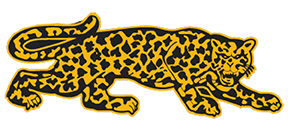Jaguar Photo Galleries
Skip to content
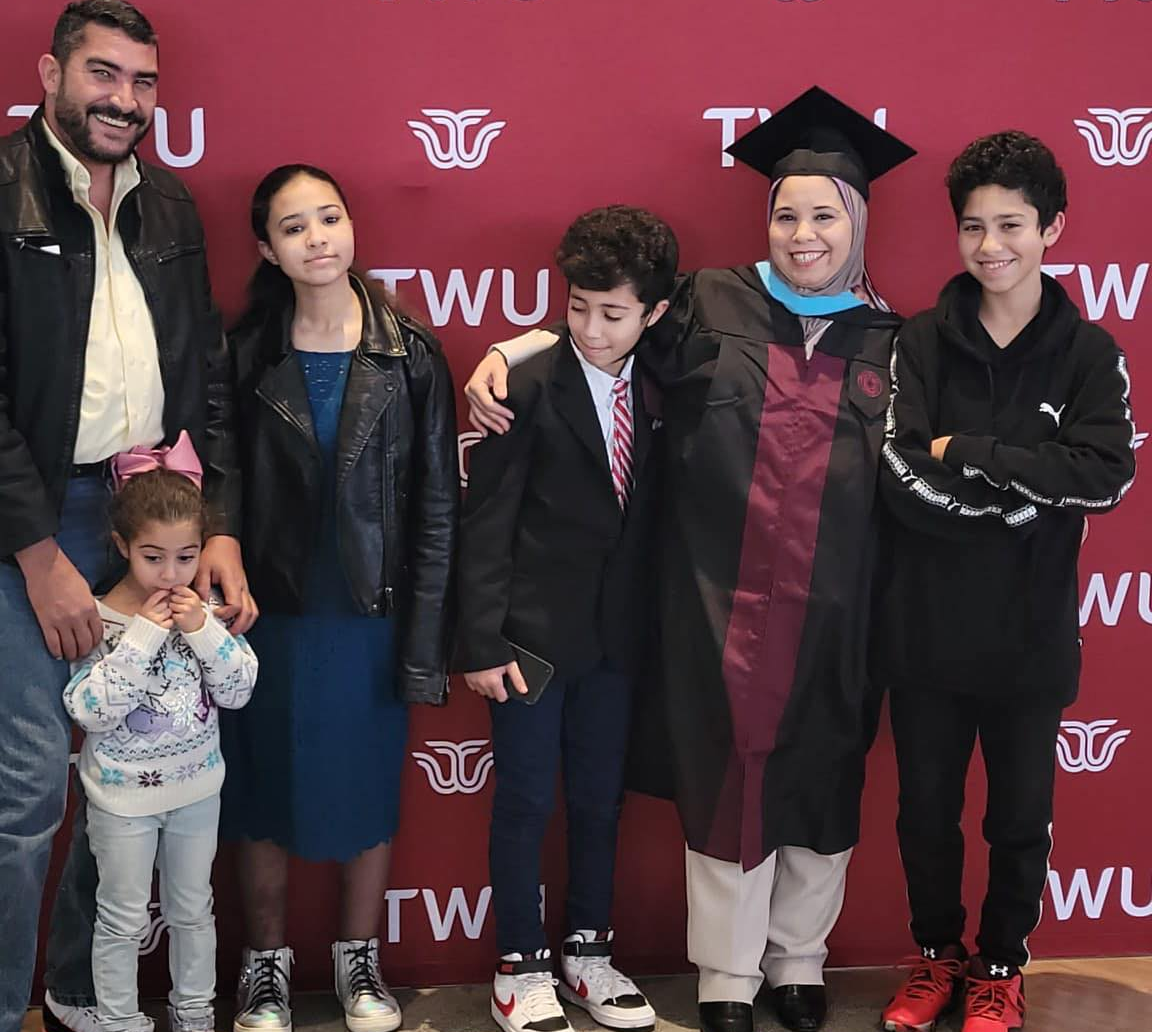
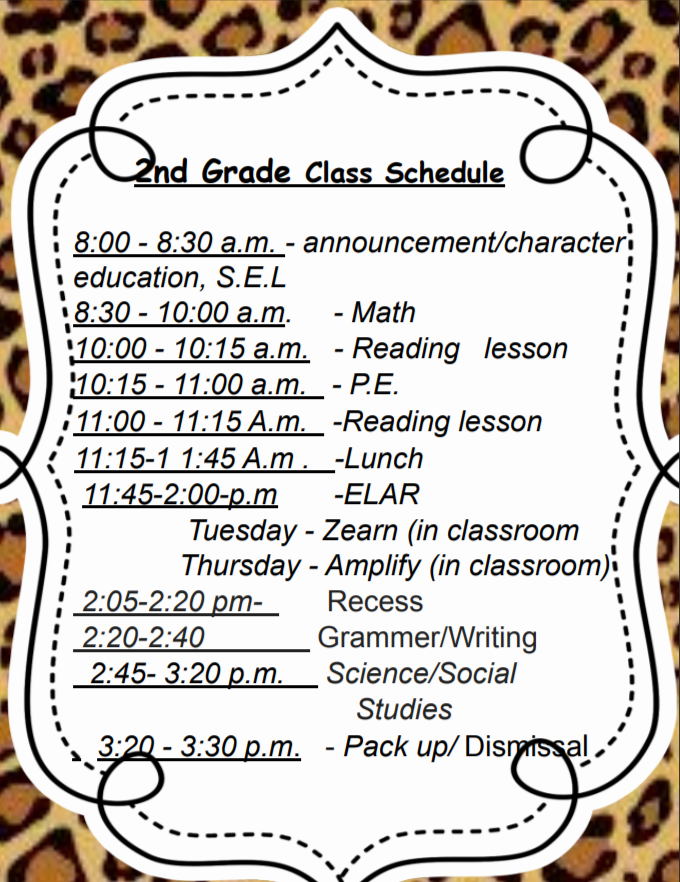
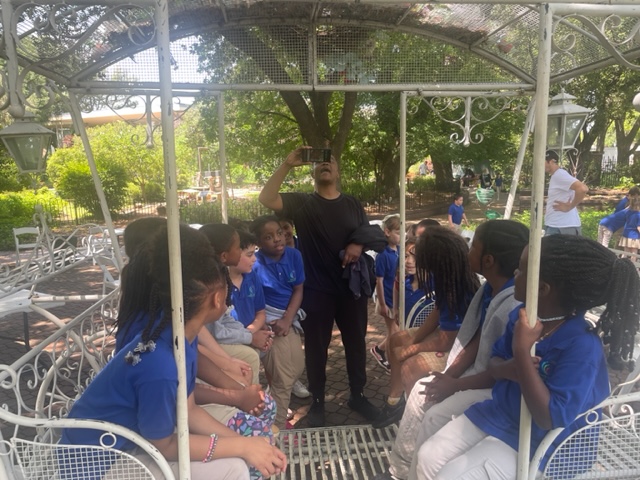
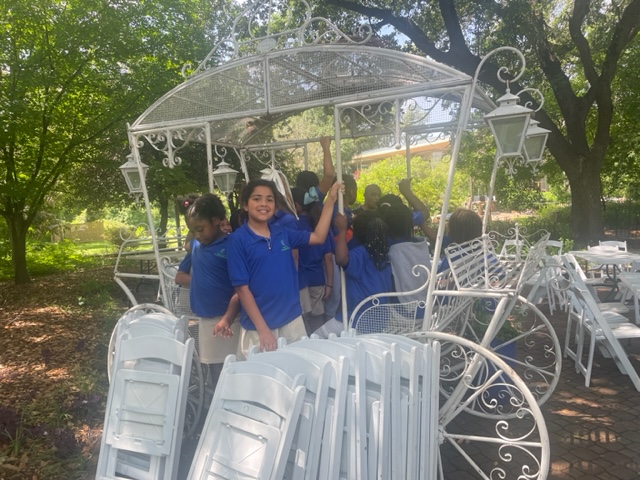
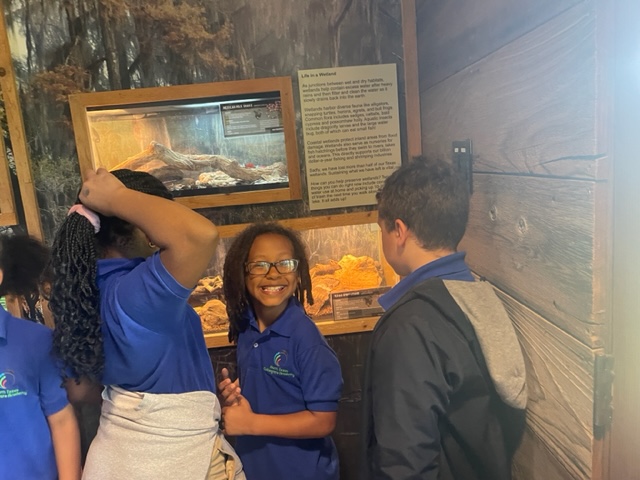
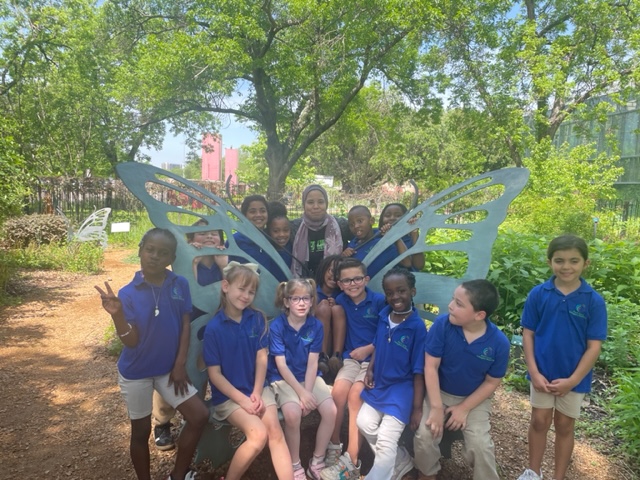
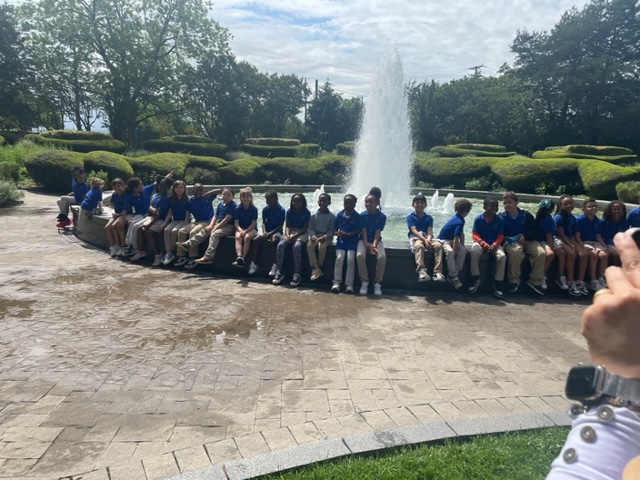
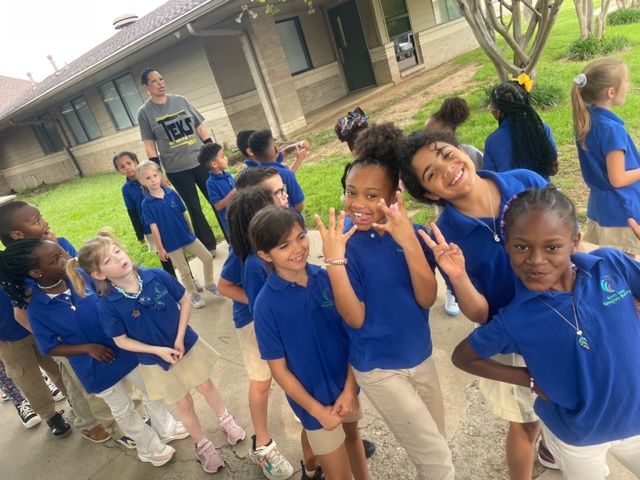
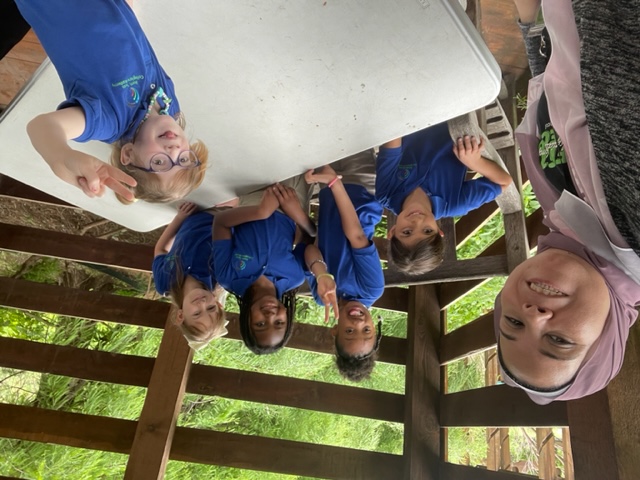
Welcome to Ms. Abdelrehim's class
Greetings parents and guardians.
My name is Eman Abdelrehim, my students call me Ms. A. I will be your child's 2nd grade teacher. This year will be my 13th year of teaching experience. I taught for Denton ISD for 10 years, and as a special education teacher for 2 years in another charter school. This will be my first year with NTXCA, I’m super excited to join the Jaguar team. I was born and raised in Egypt, I moved to the USA 18 years ago. I live in Denton with my husband and my 4 children (Noura, Ahmed, Aiman, and Reeman) as well as my cat Heaven, and my dog Haloumi.
Education
I have a Bachelor’s degree in education, diploma in special education and a Master’s degree in early childhood education from TWU.
My favorites
Color: depending on my mood, very much I love all the colors
Drink: green tea and lemonade.
Food: sea food
Hobby: spending time with my family and reading books.
Animal: Dogs
Snack: dark chocolate
Contact me
eman.abdelrehim@ntxca.org
940-383-1972
My conference period: 10:15-11:00 daily

What we're learning for this 6th weeks:
Math:
This 6 Weeks: Contextual Multiplication and Division, Essential Fractional Understandings, Personal Financial Literacy 💰
During this six-week period! Our focus will be on developing essential mathematical skills and understanding through real-world contexts, as well as exploring important concepts in personal finance.
Overview: In our math classes over the next six weeks, we'll be tackling three main areas of focus:
Contextual Multiplication and Division: Students will engage with multiplication and division concepts within meaningful contexts, such as solving real-world problems and exploring scenarios relevant to everyday life. By applying mathematical operations in context, students will deepen their understanding of these fundamental concepts and develop problem-solving skills that are transferable to various situations.
Essential Fractional Understandings: This unit will emphasize the importance of understanding fractions in practical situations. Students will explore concepts such as equivalent fractions, comparing and ordering fractions, adding and subtracting fractions, and multiplying and dividing fractions. Through hands-on activities and real-life examples, students will gain a solid foundation in fractional arithmetic and develop confidence in working with fractions.
Personal Financial Literacy: In this unit, students will learn about the basics of personal finance and financial responsibility. Topics will include budgeting, saving, spending wisely, understanding interest, and making informed financial decisions. By gaining knowledge and skills related to personal finance, students will be better equipped to navigate financial challenges and make sound financial choices in their lives.
Classroom Activities:
Problem-solving tasks and activities that integrate multiplication and division into real-world scenarios
Hands-on manipulative-based lessons to explore fraction concepts visually
Interactive discussions and activities to promote financial literacy and responsible money management
Simulated budgeting exercises and decision-making scenarios
Collaborative projects that apply mathematical concepts to real-life situations, such as planning a budget for a hypothetical event or calculating discounts and savings
Parent Involvement:
Parents can support their children's learning in math by encouraging them to practice mathematical skills in everyday situations, such as cooking, shopping, or managing allowance money. Additionally, discussing financial concepts and decision-making processes at home can help reinforce the importance of personal financial literacy.
ELAR:
What We're Learning This 6 Weeks: Examining Characteristics of Poetry 📝
this six-week period! Our focus will be on the captivating world of poetry, where we'll delve into the various characteristics that make this literary form unique and expressive.
Overview: During this unit, students will embark on a journey through the enchanting realm of poetry. They will learn to appreciate and analyze different types of poems, exploring elements such as rhyme, rhythm, imagery, figurative language, and theme. Through engaging activities and discussions, students will deepen their understanding of how poets use language to convey emotions, thoughts, and experiences.
Key Objectives:
Identifying Poetry Elements: Students will learn to recognize and understand the key elements of poetry, including stanza structure, rhyme scheme, and poetic devices.
Analyzing Poetic Techniques: Through close reading and analysis, students will explore how poets use techniques such as imagery, metaphor, simile, and symbolism to convey meaning and evoke emotions.
Interpreting Themes: Students will examine the themes and messages conveyed in various poems, considering how poets use language to communicate universal truths and perspectives on life.
Creating Original Poetry: Students will have the opportunity to express their own thoughts and emotions through poetry, experimenting with different forms and styles to convey their unique voices and perspectives.
Classroom Activities:
Close reading and analysis of classic and contemporary poems
Discussions on the interpretation of poetic elements and themes
Writing and sharing original poems
Collaborative projects exploring poetry through multimedia presentations or performances
Integration of technology to enhance understanding and engagement with poetry resources online
Parent Involvement: I encourage parents to engage with their children in discussions about the poetry they are studying in class. You can support your child's learning by reading poetry together, discussing favorite poems, and encouraging creative expression through writing or artistic endeavors.
Science:
1-4 Scientific and engineering practices
1 The student asks questions, identifies problems, and plans and safely conducts classroom, laboratory, and field investigations to answer questions, explain phenomena, or design solutions using appropriate tools and models.
2 The student analyzes and interprets data to derive meaning, identify features and patterns, and discover relationships or correlations to develop evidence-based arguments or evaluate designs.
3 The student develops evidence-based explanations and communicates findings, conclusions, and proposed solutions. The student is expected to:
4 The student knows the contributions of scientists and recognizes the importance of scientific research and innovation for society.
5 Recurring themes and concepts
5 The student uses recurring themes and concepts to make connections across disciplines. The student is expected to:
A identify and use patterns to describe phenomena or design solutions
6 Matter and its properties
6 The student knows that matter has physical properties that determine how it is described, classified, and used.
Social Studies:
1-2 History
1 The student understands the historical significance of landmarks and celebrations in the community, state, and nation.
2 The student understands how historical figures helped shape the community, state, and nation.
3-5 Geography
3 The student uses simple geographic tools, including maps and globes.
4 The student understands the location of places in their community, state, country, and the world.
6-7 Economics
6 The student understands the value of work.
8-9 Government
8 The student understands the purpose of governments.
10-11 Citizenship
10 The student understands characteristics of good citizenship as exemplified by historical figures and other individuals.

Important Dates:
April 26, School holiday
May 1st, 1st day of Asian pacific American heritage
May 5th Cinco de Mayo.
May 11th District Soccer tournament.
Resources for Parents:
We offer resources or suggestions for parents to support their child's learning at home. This might include recommended books, educational websites, or tips for reinforcing classroom lessons.
Digital resources:
https://play.stmath.com/raft/id/2.1.3/#/student-sign-in-options
Zearn.org
myamplify.com
www.flocabulary.com/join-class class code R9577X
We had an exciting project focused on planting and gardening! As part of our commitment to hands-on, experiential learning, students had the opportunity to explore the wonders of nature right here at school.
Throughout this project, students learned:
🌿 About the life cycle of plants and the importance of gardening for our environment. 🌻 Gained practical skills in planting, nurturing, and caring for various types of plants. 🌾 Explored concepts of sustainability and eco-consciousness as they engage in gardening practices. 🌟 Experienced the joy and satisfaction of watching their efforts bloom and grow!
Followed up with writing in ELAR
Student's showcase:
We had an incredible time on our recent field trip to the Discovery Garden Dallas, and I'm excited to share some of the memorable moments captured during our visit! The Discovery Garden provided us with a unique opportunity to explore the wonders of nature, engage in hands-on learning experiences, and deepen our understanding of the natural world around us.







